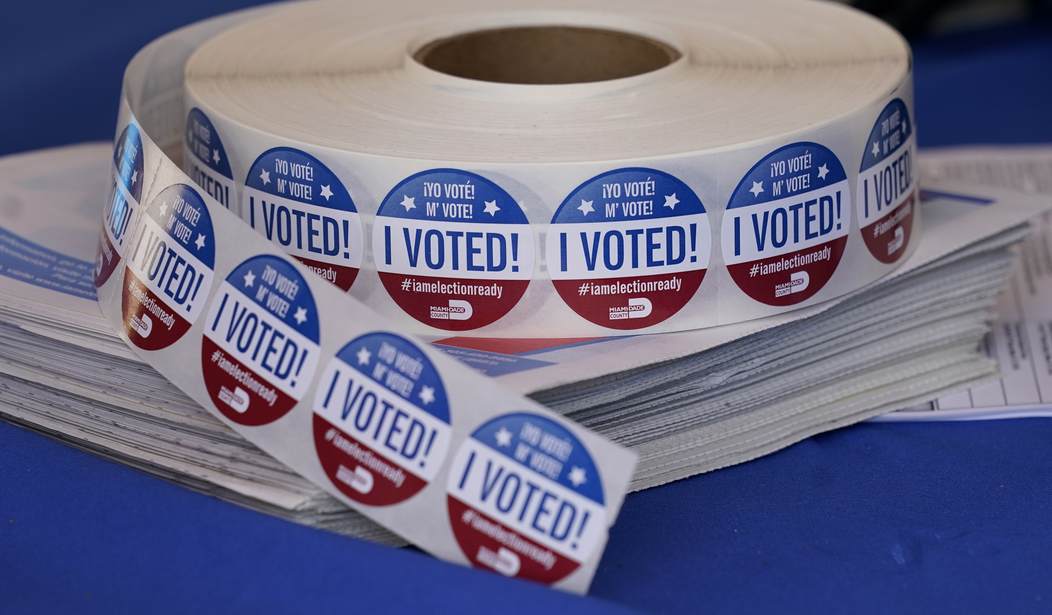Election integrity group True the Vote mounted legal battles in Georgia, Michigan, Pennsylvania, and Wisconsin in the days after the election. But it wasn’t long before the organization determined there were insurmountable obstacles to advancing their arguments and time was not on their side.
By Nov. 16, True the Vote founder and president Catherine Engelbrecht had to make one of her most difficult professional decisions and dismiss the lawsuits.
“We were subpoenaing data for the actual records of not just who checked in to vote, but the votes that the states were actually counting,” she explained, noting that the group’s first step was to reconcile the accuracy of the voter rolls—a daunting task.
To do so, the group developed a new methodology that looked at the identity, residency, and citizenship of every record to establish good data.
Knowing the rules were “terrifically flawed,” the first step had to be establishing what the data set should have looked like, she explained. From there, once states released records of who was counted as having voted, True the Vote theoretically should have been able to match those up. And that’s when the group encountered a problem.
Recommended
“Even now we've got states that have sealed their elections that have not released the record of the actual vote counts by voters,” Engelbrecht said. “All that is available for analysis is the record of who signed into the poll book or who sent in a ballot, but there are no reconciliations available.”
Given that reality, there was no way to do good analysis.
“If the state is ready to seal and certify its election, then that data ought to be ready for public review,” Engelbrecht said. “That that should just be standard. They can't hide the ball all the way through to certification. And then that looks all the way back around to our losses. The clock was ticking.”
But the litigation efforts were just one part of the group’s ongoing work—it’s assembled “world class talent in the area of statistical analysis” and continues to review the data that is available. Additionally, True the Vote is still collecting whistleblower reports, thousands of which have already been received through its Validate the Vote initiative. And now, significant efforts are being made in Georgia where the the Senate runoff elections will be taking place Jan. 5.
Based on what she’s seen, “it doesn’t feel like it’s shaping up to be a great environment.”
With Engelbrecht moving to The Peach State to be on the ground, True the Vote will be working closely to have the necessary number of election workers at each polling place to maintain a proactive presence in those environments, as well as ensuring signature verification training takes place.
But when the curtain closes, the work on election integrity will not stop. Engelbrecht feels the 2020 election has been a wake-up call to Americans that we cannot take the safeguarding of elections for granted.
"We have, as in so many other aspects of our lives, sort of adopted this kind of culture of convenience and you just kind of figure it’s…probably going to work out in the end and somebody is going to have our back and somebody's going to make it better,” she said. “And, and at some point, that just doesn't work anymore.”
While the mail-in ballot issue this year played a role, “the corollary to that is the removal of safeguards to ensure that those mail ballots are accurate,” she continued. “I mean the fact that we are the only industrialized country in the world without a standard of photo voter identification, the notion that somehow we've allowed it to be said that that's suppressing the vote, it makes no sense.”
Engelbrecht’s fervent hope is that Americans do not lose interest in election integrity even after all results get certified.
“We need to now remember that we have to roll up our sleeves and make this local,” she said, adding that in 2021 True the Vote will be building local citizen-led election integrity teams.
This, she noted, is vital to restore confidence in the election process and will ensure people feel good about its transparent and bipartisan nature. Because the beauty of current election law is such that it allows many ways for citizens to be engaged.
“Sometimes things happen that in the moment feel like a disaster, but upon reflection you realize it had to happen so that we could get better,” Engelbrecht reflected. “We're in the middle of an awakening when it comes to election integrity and we hope to be on the leading edge of that.”

























